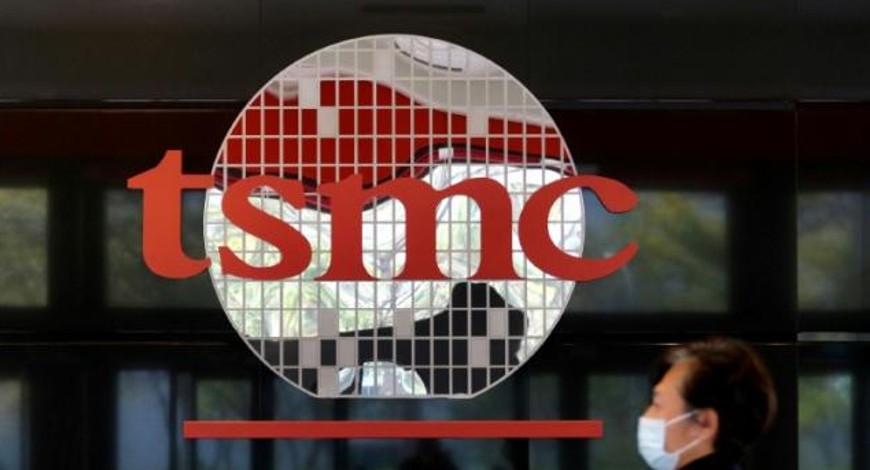On Thursday, Taiwan Semiconductor Manufacturing Company Ltd. (TSMC) (2330.TW), a chipmaker, started mass producing its most advanced chips in southern Taiwan. The chairman of the company said that it would continue to increase capacity on the island.
The world’s largest contract chipmaker’s investment plans at home and abroad have drawn attention to the long-awaited mass production of chips using 3-nanometer technology. As a manufacturer of cutting-edge chips used in everything from smartphones to fighter jets, TSMC commands a dominant position.
“TSMC is maintaining its technology leadership while investing significantly in Taiwan, continuing to invest and prosper with the environment,” TSMC Chairman Mark Liu told a ceremony marking the production and capacity expansion in the southern city of Tainan.
New technologies like 5G and high-performance computing products, according to Liu, are driving “very strong” demand for the company’s 3-nanometer chip. He did not go into detail.
Earlier this month, TSMC announced that it would spend $40 billion at its new Arizona plant, one of the largest foreign investments ever made in the United States.
The Taiwanese company is building a chip plant in Japan and has stated that it is in the early stages of considering a potential expansion into Germany. Among its major clients are Apple Inc. (AAPL.O) and Nvidia Corp. (NVDA.O).
Liu stated that the production was a demonstration that TSMC was “taking concrete action to develop advanced technology and expand capacity in Taiwan” in apparent response to concerns that TSMC’s foreign investment would undermine Taiwan’s leading position in semiconductors.
Concerns about a “goodbye to Taiwan” trend in the chip industry have been dismissed by the government of Taiwan, which asserts that the island’s position as a major semiconductor producer and maker of the most cutting-edge chips is secure.
The new 3-nanometer technology, according to Liu, would produce end products with a market value of $1.5 trillion within five years, and the mass production was successful with good yields.
According to TSMC, factories for the next generation of 2-nanometer chips, which were intended to be produced in northern and central Taiwan, were being constructed.
TSMC has stated repeatedly that Taiwan will continue to produce the majority of its products.


